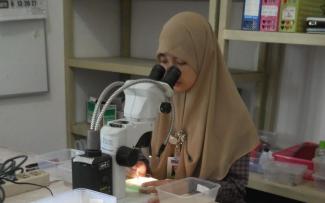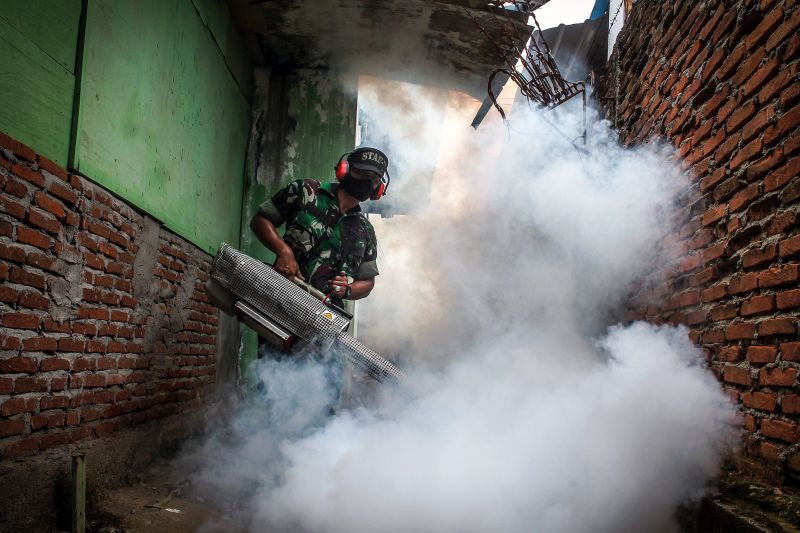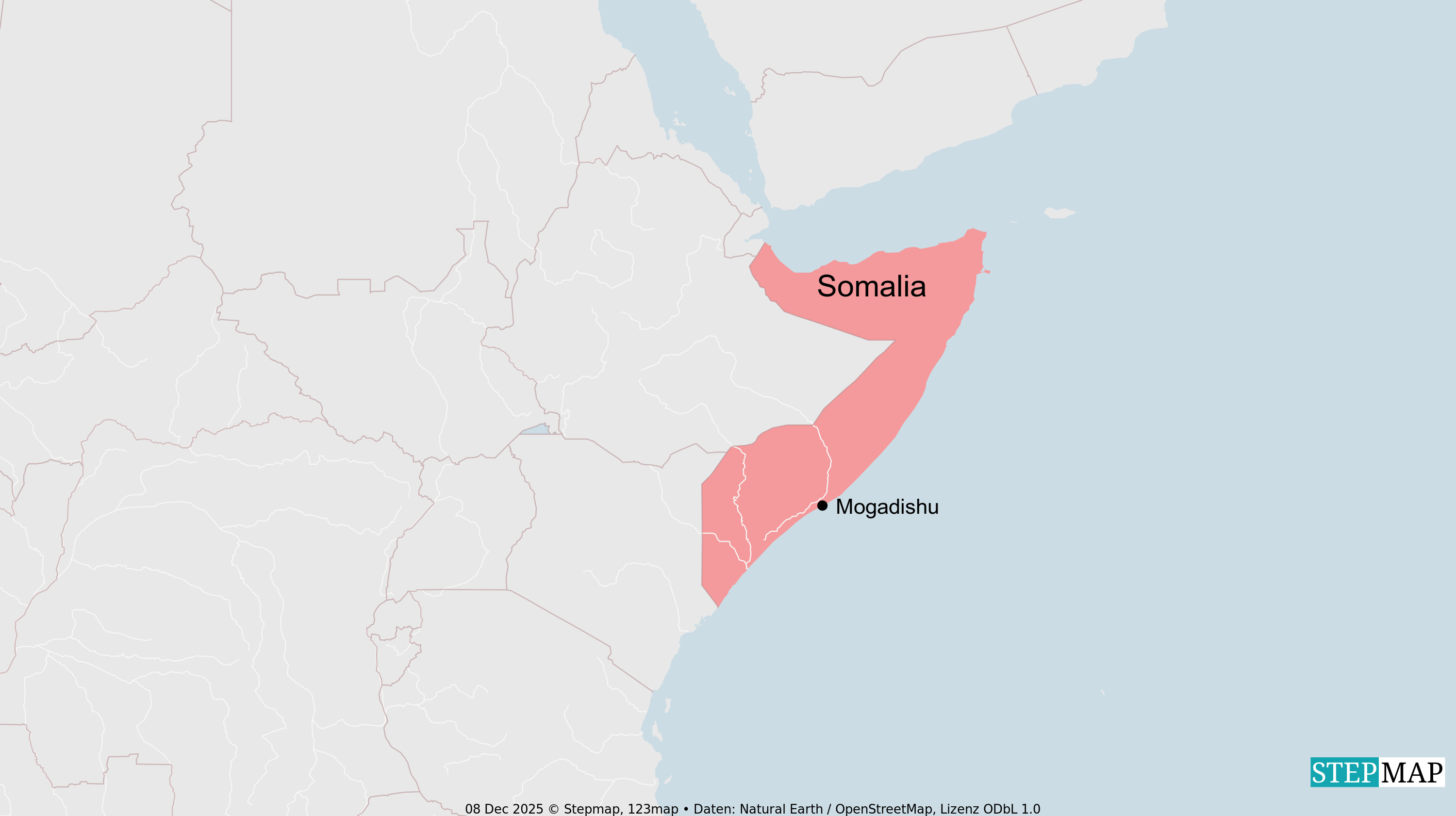Pandemic threat
The global threat of dengue

Dengue is also called “break bone fever” because of severe joint, muscle and back pain. It can be deadly, not only for children and the weak. Symptoms include nausea and vomiting, high fever, severe headaches, weakness and pain behind the eyes. Improvement appears temporarily two to four days later, before high fever returns accompanied by dropping blood pressure and heart rates. Recovery can take up to four weeks even with medical attention. The incubation time is up to 14 days.
Four different virus strains (DENV-1 to DENV-4) cause dengue. People who have suffered from one strain become immune to that strain, but that immunity does not protect them from the three other strains. Compounding matters, the risk of dangerous complications – especially hemorrhagic fever – rises with further dengue infections.
Dengue mostly affects tropical regions and is especially common in Southeast Asia, South Asia, Central America and the Caribbean. Some African countries are at risk too.
The most common vector is Aedes aegypti, the mosquito that also transmits yellow fever, zika and other diseases. However, Aedes albopictus is also a dengue vector, and this mosquito kind is common in more moderate climates. As other mosquitos can probably transmit the virus too, dengue may spread in regions where it is not prevalent so far.
Global travel is increasing the risks because infected persons move around the world. In some regions, where dengue is uncommon, hospitals with special tropical medical sections put patients in quarantine.
The first vaccine
Sanofi Pasteur, the French pharma multinational, registered the first ever dengue vaccine in Mexico in 2015. The vaccine is called Dengvaxia (CYD-TDV). However, governments should carefully assess whether its use makes sense in their countries, according to the WHO, which recently published a position paper on the matter. Other vaccines are being developed. Research is advancing, including in Indonesia (see main article).
To facilitate the development of dengue vaccines, the WHO makes several recommendations, including the monitoring of mosquito populations and dengue outbreaks and the identification of knowledge gaps and research needs.
Link
WHO, 2016: Dengue vaccine position paper.
http://www.who.int/wer/2016/wer9130.pdf?ua=1
Picture tag (nur website und e-paper, nicht Druckheft): Dengue research is advancing, including in Indonesia. (Adhyasta Harimurti/picture alliance/dpa)








